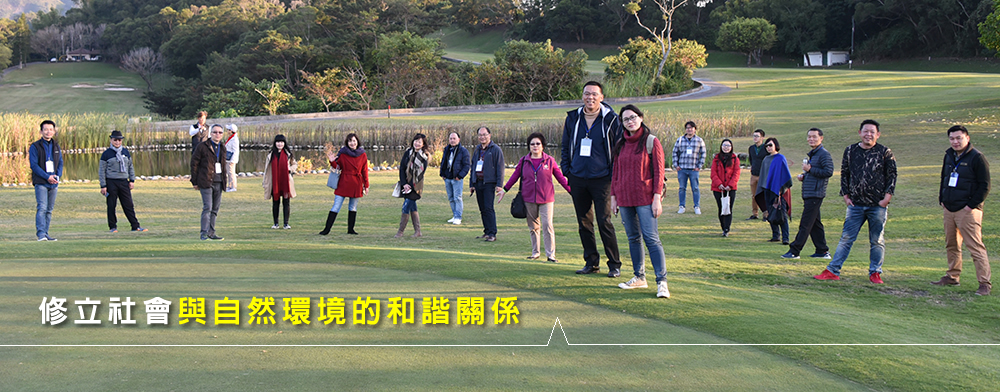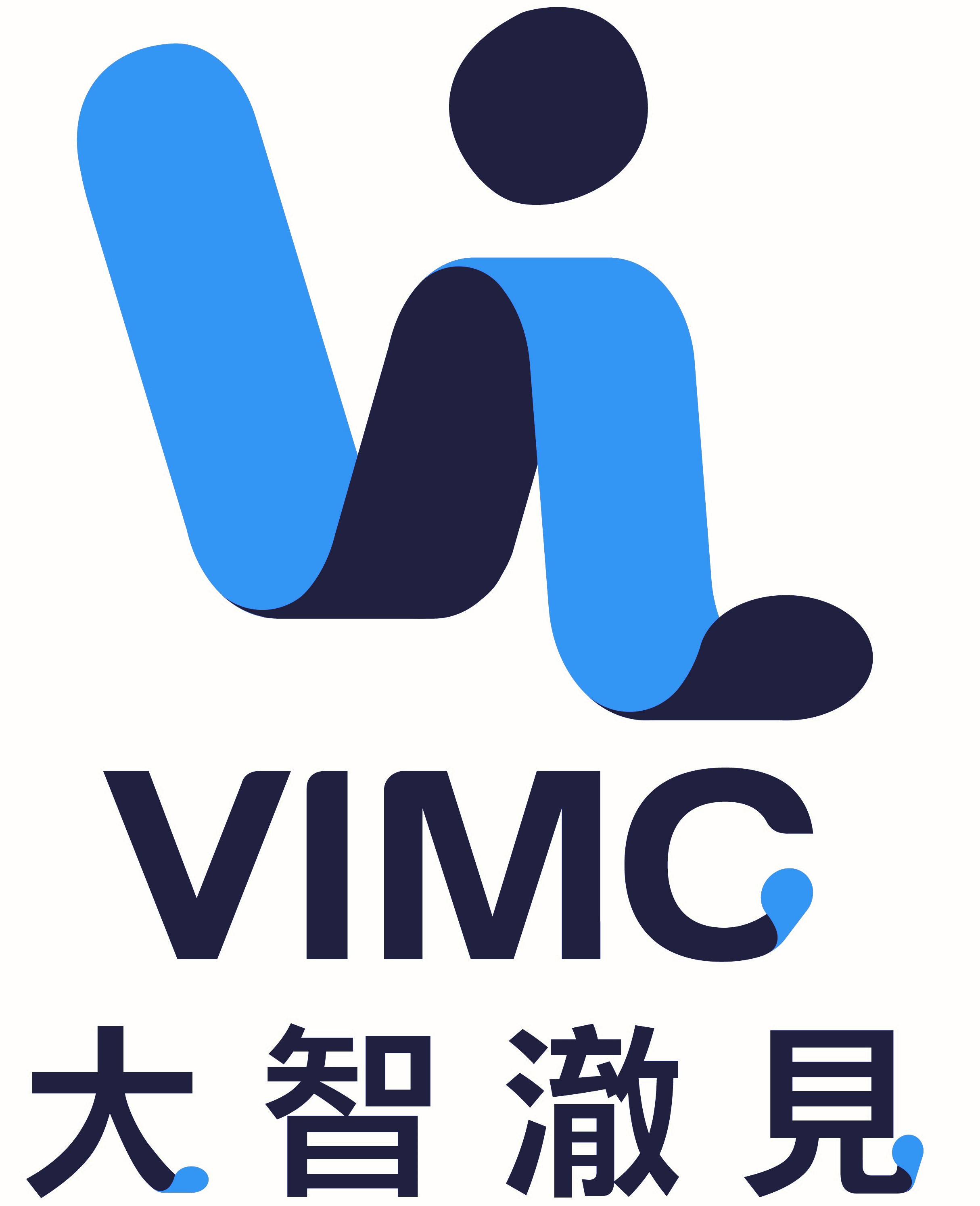

Vision International Management Consulting Co.'ltd

Taichung, Taiwan
July 2022
Management consultant - for-profits
Service with Minor Environmental Footprint
Taiwan
Sharing goodwill, achieve business paradigm. A long-tern partner for grasping trends, sustainable operation, teamwork, and corporate innovation. We inject new elements into the enterprises to create new enterprise social value. In order to achieve a harmonious relationship between people and the environment and environmental care, enterprises start from the viewpoint of goodness, integrity, and mutual assistance while pursuing high-yield value. Founded in 2016, VIMC establish long-term partnerships with enterprise clients to create long-term benefits for each other. VIMC provide Enterprise Consulting Services with long-term perspectives and collaborative methods, accompany business owners and core teams to solve problems of Process Optimization, Organizational Transformation and Team Inheritance; also VIMC provide Customized Courses, including Mental Model, Strategy Workshop, Learning Journey for enterprise owner or TMT members.
Overall B Impact Score
Governance 10.0
Governance evaluates a company's overall mission, engagement around its social/environmental impact, ethics, and transparency. This section also evaluates the ability of a company to protect their mission and formally consider stakeholders in decision making through their corporate structure (e.g. benefit corporation) or corporate governing documents.
What is this? A company with an Impact Business Model is intentionally designed to create a specific positive outcome for one of its stakeholders - such as workers, community, environment, or customers.
Workers 26.9
Workers evaluates a company’s contributions to its employees’ financial security, health & safety, wellness, career development, and engagement & satisfaction. In addition, this section recognizes business models designed to benefit workers, such as companies that are at least 40% owned by non-executive employees and those that have workforce development programs to support individuals with barriers to employment.
Community 21.5
Community evaluates a company’s engagement with and impact on the communities in which it operates, hires from, and sources from. Topics include diversity, equity & inclusion, economic impact, civic engagement, charitable giving, and supply chain management. In addition, this section recognizes business models that are designed to address specific community-oriented problems, such as poverty alleviation through fair trade sourcing or distribution via microenterprises, producer cooperative models, locally focused economic development, and formal charitable giving commitments.
Environment 13.3
Environment evaluates a company’s overall environmental management practices as well as its impact on the air, climate, water, land, and biodiversity. This includes the direct impact of a company’s operations and, when applicable its supply chain and distribution channels. This section also recognizes companies with environmentally innovative production processes and those that sell products or services that have a positive environmental impact. Some examples might include products and services that create renewable energy, reduce consumption or waste, conserve land or wildlife, provide less toxic alternatives to the market, or educate people about environmental problems.
Customers 17.1
Customers evaluates a company’s stewardship of its customers through the quality of its products and services, ethical marketing, data privacy and security, and feedback channels. In addition, this section recognizes products or services that are designed to address a particular social problem for or through its customers, such as health or educational products, arts & media products, serving underserved customers/clients, and services that improve the social impact of other businesses or organizations.
What is this? A company with an Impact Business Model is intentionally designed to create a specific positive outcome for one of its stakeholders - such as workers, community, environment, or customers.